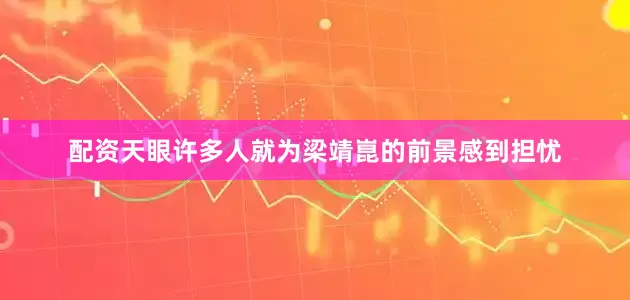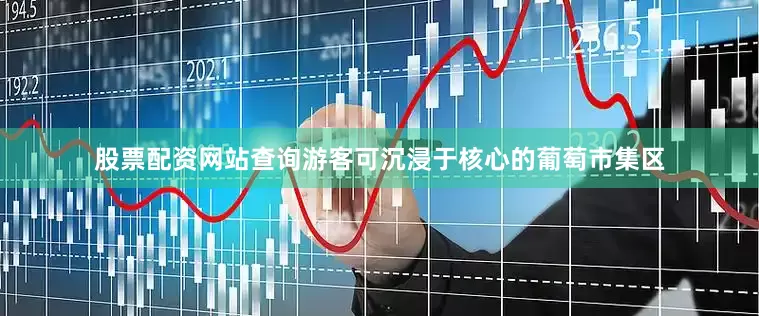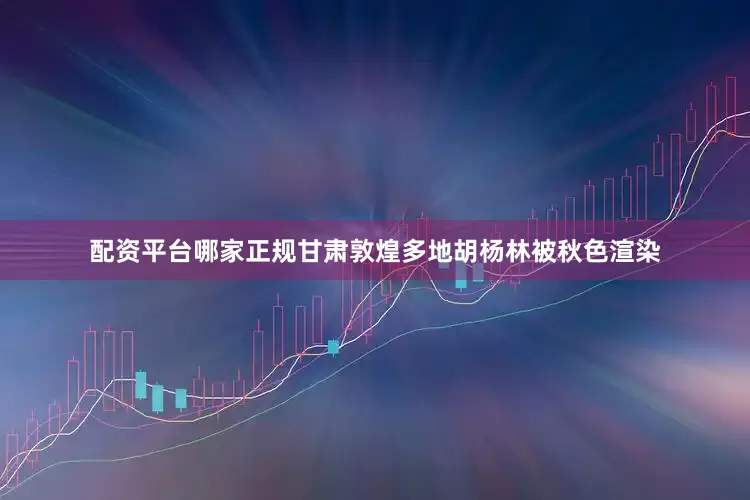
On July 15th, Beijing time, as the McCarran International Airport in Las Vegas was still slowly waking up in the early morning hours, the Chinese national table tennis team quietly began their journey home. Players including Wang Chuqin, Sun Yingsha, Wang Manyu, Kuai Man, Liang Jingkun, and Lin Gaoyuan wrapped up a two-week campaign filled with competition and cultural exchange at the U.S. Grand Slam.
Looking back on the WTT U.S. Grand Slam, the Chinese team once again demonstrated their dominance, securing a total of three golds and two silvers. On the men’s side, Wang Chuqin’s performance was particularly outstanding. He impressed everyone by defeating top competitors like Darko Jorgic, Florian Lebrun, and sweeping Harimoto Tomokazu. Under intense pressure, Wang Chuqin showcased a long-awaited commanding presence, using the championship trophy to silence doubters and solidify his status as the leading figure of the new cycle.
展开剩余85%Although Wang Chuqin and Liang Jingkun fell short in the men’s doubles semifinals, Wang’s overall stability and mental toughness across multiple events underscored his role as a top-tier core player.
For the women, Kuai Man emerged as the brightest rising star. She first teamed up with Wang Yidi to conquer the women's doubles title, then partnered with Lin Shidong to claim the mixed doubles gold, sweeping two categories and proving her comprehensive skills and mental resilience in doubles competition.
In the women’s singles, Chen Yi reached her first Grand Slam final but was defeated by Zhu Yuling. Still, her explosive power and composed performance against top players like Sun Yingsha and Hina Hayata attracted attention. Kuai Man also made it to the semifinals, marking a promising sign that the new generation is beginning to shine in singles.
Beyond the intense competition, on July 13th, Lin Gaoyuan and Kuai Man participated in a fan meet-and-greet event. Their warm words in both Chinese — “Thank you for coming” — and English — “Nice to meet you” — not only bridged the distance with overseas fans but also highlighted the humility and friendliness of Chinese table tennis players.
As one of the team’s veterans, Lin Gaoyuan experienced an early exit in the tournament’s first round, but he played an important role off the court, serving as a key ambassador for communication and promotion.
On July 14th, the Chinese Table Tennis Association chairman Wang Liquin led players including Sun Yingsha, Wang Manyu, Kuai Man, and Lin Gaoyuan in a cultural exchange event. They shared the spirit of sportsmanship and friendship with local children and communities—a modern echo of the historic “ping pong diplomacy” that once bridged China and the U.S.
The toll of the U.S. tour was visible. After the matches, Wang Chuqin was seen resting with his eyes closed in an elevator, accompanied by teammate Niu Guankai, clearly exhausted. At the airport, Wang Manyu and Sun Yingsha hurried through the terminal, and many players showed signs of fatigue in their eyes.
Despite finishing with a strong medal count of three golds and two silvers, challenges surfaced that the team must address. First, the men’s doubles showed some inconsistency. The pairing of Wang Chuqin and Liang Jingkun, intended as a key focus for team development, failed to reach the final, introducing uncertainty into future lineup plans. Moreover, the usual main pair of Lin Shidong and Lin Gaoyuan did not register; instead, Lin Shidong teamed with Huang Youzheng, signaling potential adjustments in the doubles strategy by the coaching staff.
On the doubles front, China no longer holds an unchallenged position. The rise of teams from Japan, France, and South Korea has presented significant new competition.
Second, questions arise about the women’s singles landscape. Do the breakthroughs of 2004-born Kuai Man and Chen Yi truly indicate that the younger generation is ready to contend at the highest level? This U.S. Grand Slam followed intense events like the Asian Cup, World Cup, and World Championships, during which Sun Yingsha, Wang Manyu, Chen Xingtong, Wang Yidi, and Kuai Man were all in a competitive recovery phase. The tournament also used Joola tables with extremely slippery surfaces, which severely affected top players' adaptability. The fact that all top 12 ranked players were eliminated early underscores how atypical this competition was.
Third, Kuai Man’s performance across multiple disciplines is encouraging. She appears poised to take on the dual challenge of winning gold in both singles and doubles at the upcoming Los Angeles Olympics. Beyond her technical prowess, her psychological resilience and adaptability have quietly elevated her to a crucial role within the team’s future plans.
After returning home, players will enjoy a brief recovery period before facing high-intensity events such as the Chinese Super League and the Sweden Grand Slam. The packed schedule means pressure and risk will intensify. How the coaching staff balances training intensity, mental support, and player rotation will be critical to sustaining the team’s competitive edge.
In summary, the Chinese national team faces a demanding road ahead. Maintaining health while preserving the team’s powerful momentum remains the top priority as they continue to strive for excellence on the global stage.
发布于:江西省杠杆配资官网提示:文章来自网络,不代表本站观点。



